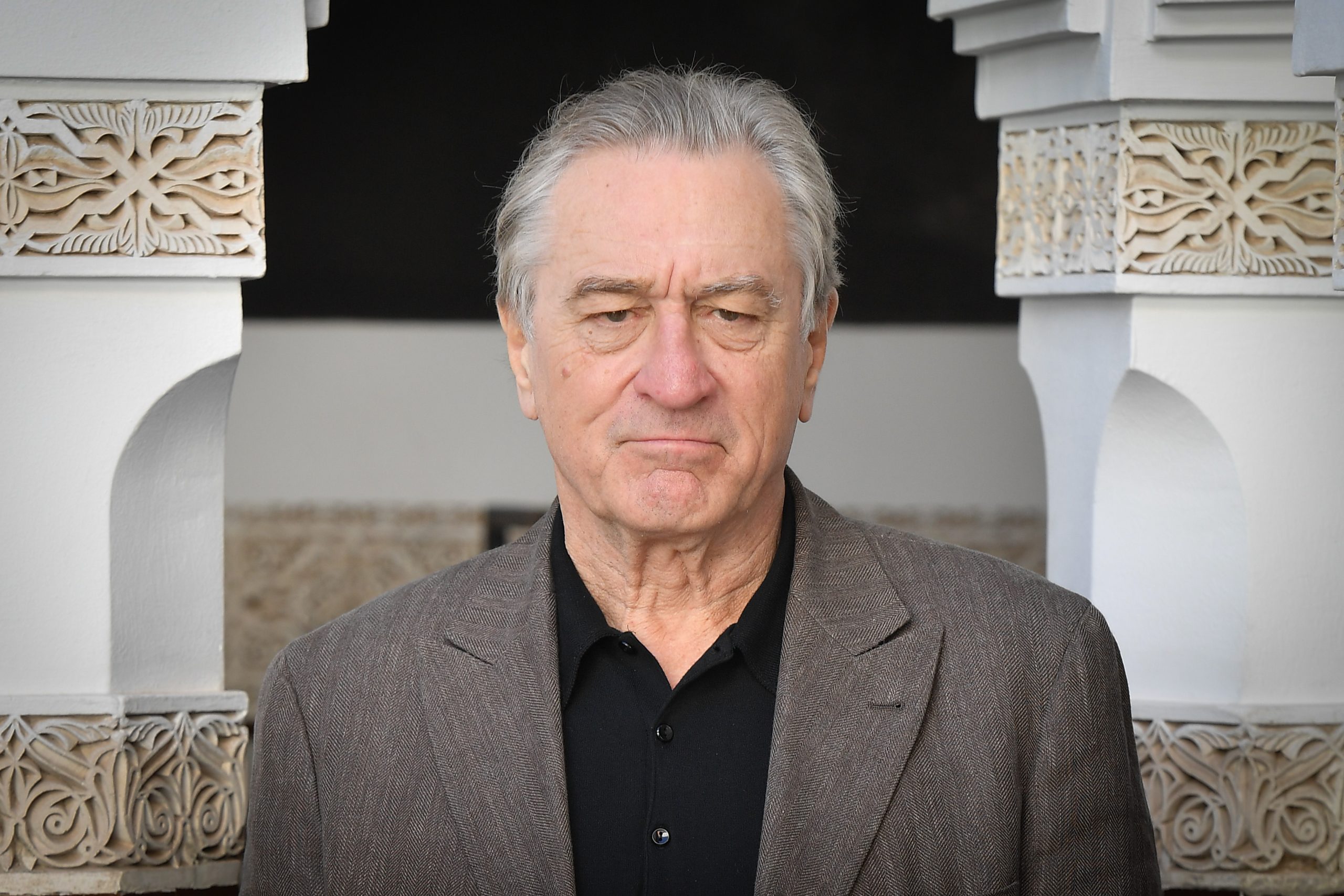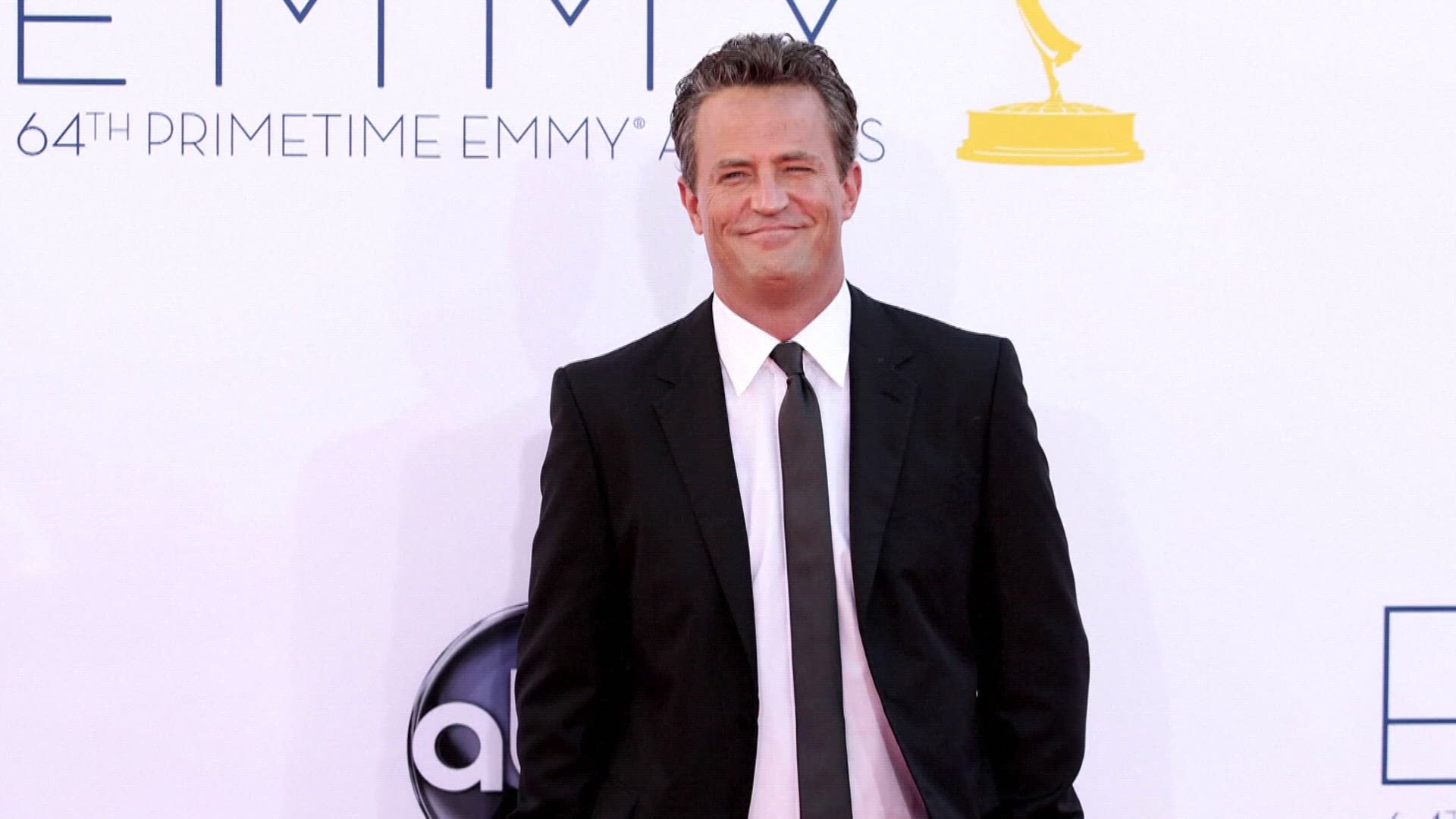Robert De Niro took the stand on Monday in a New York City trial responding to a lawsuit filed by his former personal assistant, Graham Chase Robinson. The actor, known for his acclaimed roles in films such as “The Deer Hunter” and “Raging Bull,” addressed allegations of being an abusive boss during his testimony, displaying occasional signs of irritation.
The trial revolves around Robinson’s tenure as De Niro’s vice president of production and finance from 2008 to 2019, during which she received an annual salary of $300,000. Robinson resigned in 2019, citing emotional distress and reputational harm, and subsequently filed a $12 million lawsuit against De Niro.
Robinson alleges that she faced severe emotional distress during her employment, claiming that De Niro refused to provide a reference when she sought another job after resigning due to conflicts with his girlfriend.
A voicemail, containing profanity and threats, emerged in 2019, further complicating the case. In the voicemail, De Niro expresses frustration with Robinson, who was living in Spain at the time, and warns her of termination.
During his testimony, De Niro acknowledged Robinson’s role as his emergency contact and her assistance with tasks like greeting cards for his children. However, when questioned about her work ethic, he expressed dissatisfaction, stating it was no longer applicable considering the ongoing legal proceedings.
De Niro’s testimony included impassioned moments, particularly when defending his girlfriend’s involvement in his decisions and refuting claims that he disturbed Robinson early in the morning after an incident in 2017 when he fell down the stairs.
Judge Lewis J. Liman repeatedly reminded De Niro of the testimony rules, emphasizing the limits on what he could say. De Niro, at times, sought to pose questions during exchanges with Robinson’s lawyer, but these requests were denied.
In correspondence presented during the trial, suspicions from De Niro’s girlfriend, Tiffany Chen, regarding Robinson’s motives were evident. Chen believed Robinson behaved as if she were De Niro’s wife and accused her of having “imaginary intimacy” with the actor.
The trial opened with statements from both sides. Robinson’s attorney, Andrew Macurdy, asserted that his client faced difficulty securing employment and lived in fear since leaving De Niro’s employment. He alleged that De Niro’s behavior towards Robinson included yelling and sexist remarks.
De Niro’s attorney, Richard Schoenstein, portrayed the actor as kind and reasonable, countering Robinson’s claims. Schoenstein argued that Robinson, in contrast, was condescending, demeaning, and controlling, portraying herself as a victim.
The trial also revealed that Canal Productions, De Niro’s company, has countersued Robinson. The proceedings will continue with testimony from other employees affiliated with Canal Productions.




















